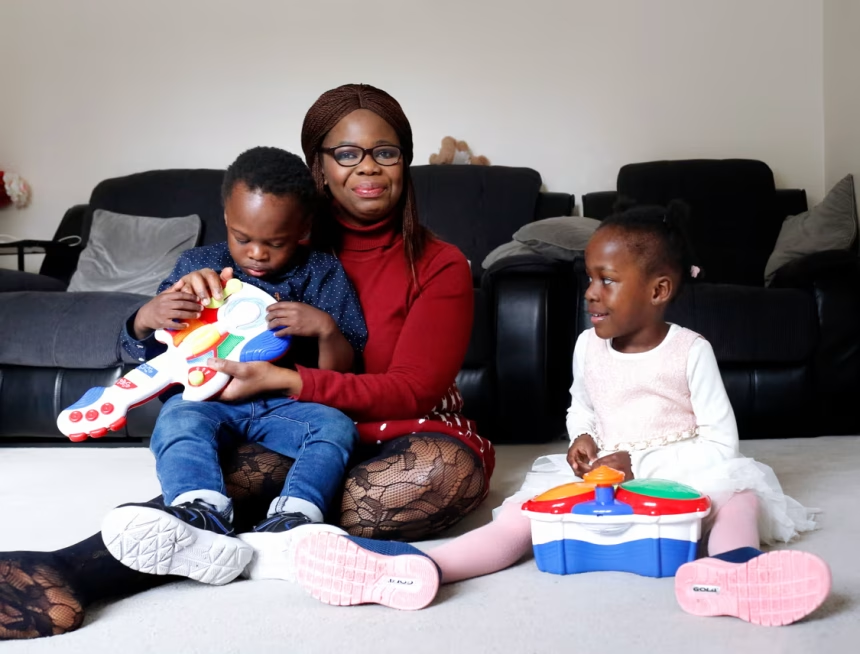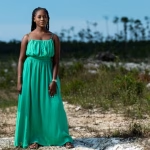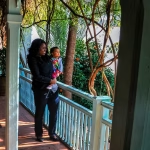In March 2020, I was healthy and enjoying being 24 weeks pregnant with twins, which had come as a joyful surprise. Then I contracted Covid-19, probably at work. I’m a rheumatology consultant at Birmingham city hospital, and had been risk-assessed to work from home. But I have a duty of care to my patients and went to the hospital for some in-person commitments. Hospitals, including ours, were increasingly overwhelmed by Covid patients.
When I became unwell, paramedics arrived to examine me at home. But I soon deteriorated and my husband, Matthew, drove me to A&E. I was moved rapidly to intensive care, where I was to be intubated. I called Matthew, and we prayed. We’re strong Christians, very close and work as a team. The idea of being apart was daunting. I encouraged him to focus on our older children, Nnamdi Ronald and Chisimdi Claire, who were 12 and 11. Although I was struggling with my breathing, I reassured him I’d be coming round in two to three days. However, this wasn’t to be the case.
I was terrified. I prayed to go home and continue my pregnancy to term. It was scary for us all. With thousands dying daily with Covid, we worried we’d be among those statistics. I was placed on a ventilator, in an induced coma.
The doctors were concerned about reduced movement of the foetuses; one of them, Pascal, had had an intrauterine stroke, and Matthew was told he might not make it. He told the doctors to do whatever would save us all.
They decided on an emergency caesarean section. I gave birth while in a coma, two weeks after entering the hospital. Two days later, Matthew was told that Pascal was unlikely to survive due to bleeding in his brain and lungs. The chances of both such premature twins surviving and developing normally were 50-50 – and that was without the unknowns of maternal Covid. Shortly after delivery, both had several interventions and procedures.
I don’t remember anything during my coma, but the hospital team kept an invaluable diary. Matthew called multiple times daily, but couldn’t visit due to Covid regulations. I was comatose for two weeks after the births.
Then, one day, I suddenly woke up at 1am, feeling disoriented and delirious. I believed I’d lost my entire family. I tried pulling out my breathing and feeding tubes, and asked for medication to die. The nurses reassured me, with great empathy, that the twins were receiving one-to-one care. They showed me Matthew’s face on a video call.
He confirmed that all four children were alive. Speaking to him was a turning point, seeing the tears flow down his cheeks and the excitement on his face. Matthew pointed to Chisimdi Claire in her bedroom and said, “We’re alive, we can’t wait to see you.” The nurses had to calm me down as I still wasn’t convinced, so they arranged for Matthew and the children to come in to see me very early in the morning.
Even when I saw the babies, I thought it was a dream and they weren’t mine. But the absence of my bump, plus my flowing breast milk, helped convince me.
In photos at birth, the twins – Sochika Palmer, who weighed 27oz, and Osinachi Pascal, at 30oz – looked like the 26-week-old embryos they were. When I met them at 28 weeks, they were still tiny, with wrinkly skin and soft, downy hairs. The best moment was my first skin-to-skin contact with them.
In all, I was in hospital for six weeks and the twins spent 116 days in the neonatal ICU. I am forever grateful that our care was managed by such excellent colleagues. The NHS doesn’t always blow its own trumpet when it does great work like this.
I was concerned about whether the twins’ prematurity would affect their development. It’s not been easy for them. Pascal came home on oxygen and was weaned off after a few months. Their ongoing medical care remains exceptional.
Matthew and I resolved to make the most of every moment. Before, I was an extremely work-oriented person with little social life. Now, I work part-time and value my holidays.
So far, Pascal is an extrovert and Palmer an introvert, and both enjoy nursery. Ours has been a miraculous rollercoaster journey.














